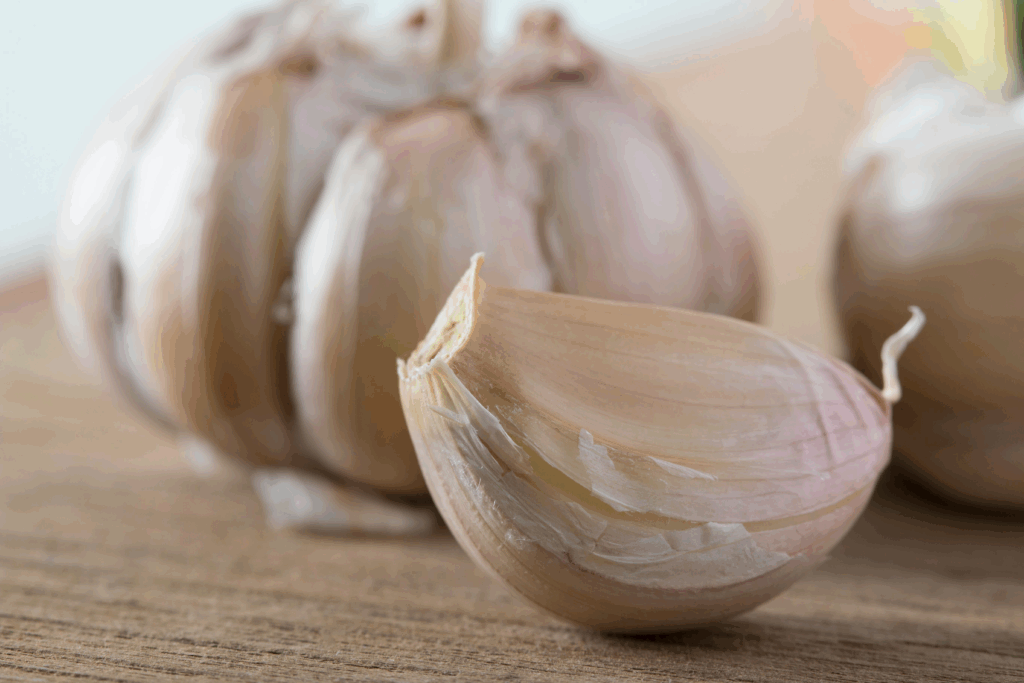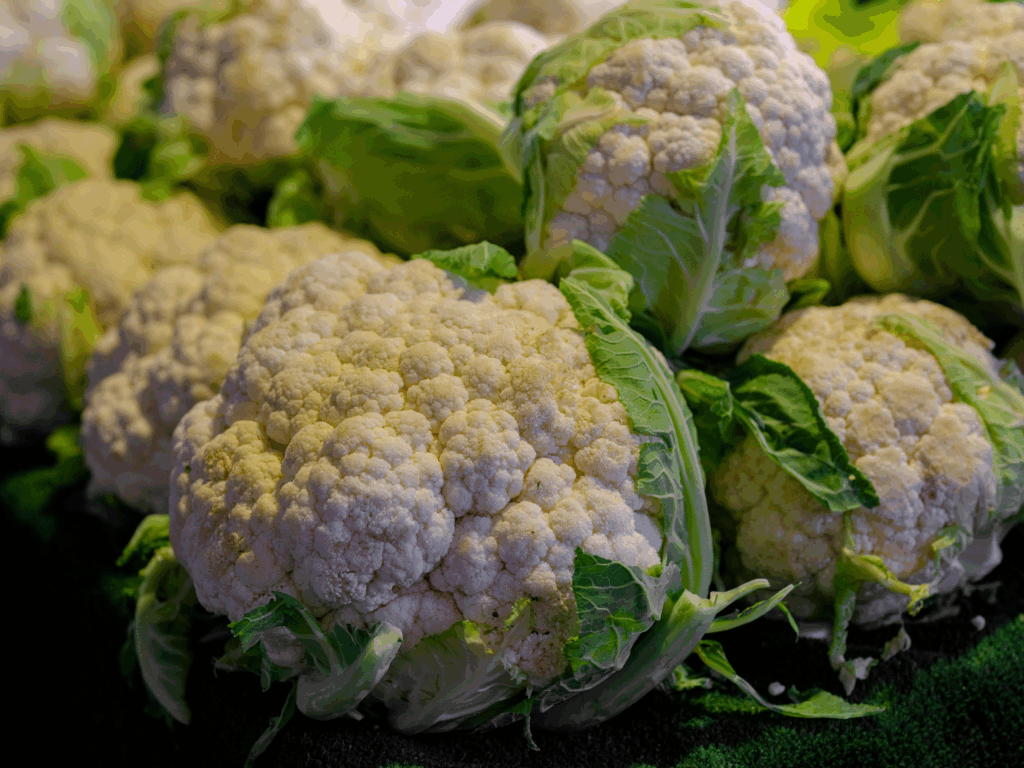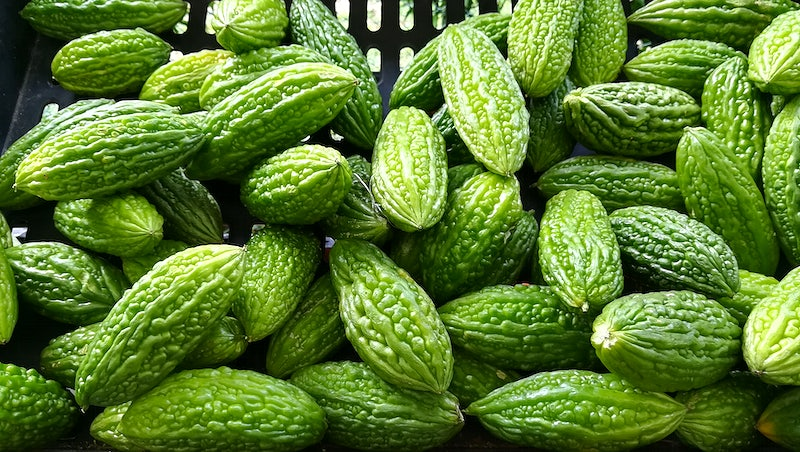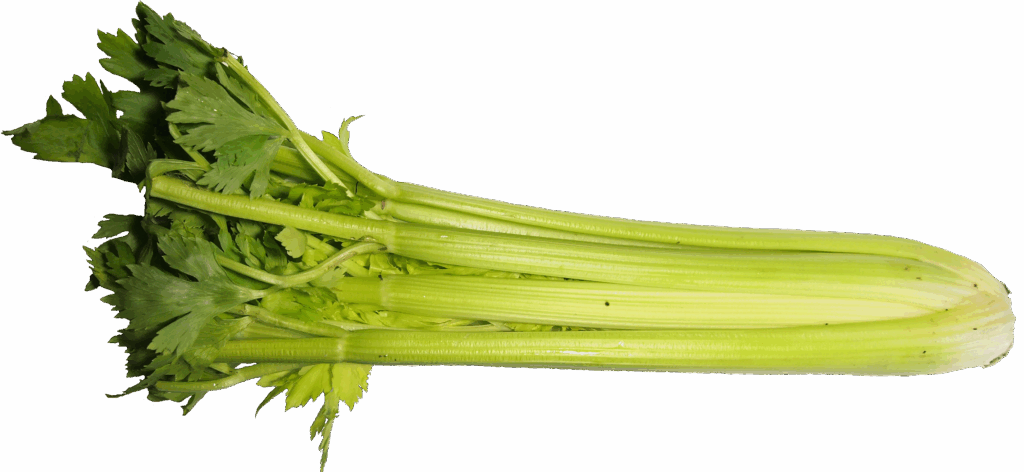This article will review the best diabetes-friendly foods that can help in the natural control of blood sugar levels.
- Key Points & Best Foods For Diabetics
- 19 Best Foods For Diabetics
- 1. Leafy Greens (Spinach, Kale)
- 2. Garlic
- 3. Onions
- 4. Cabbage/Cauliflower
- 5. Tomatoes
- 6. Pumpkin
- 7. Bitter Gourd
- 8. Okra (Lady Finger)
- 9. Celery
- 10. Raspberries
- 11. Blackberries
- 12. Guava
- 13. Avocado
- 14. Strawberries
- 15. Eggs
- 16. Oatmeal
- 17. Yogurt (unsweetened)
- 18. Almonds
- 19. Quinoa
- Conclsuion
- FAQ
When it comes to energy, diabetes complication avoidance, and overall cardiovascular health, the right foods will make all the difference.
Including foods from the diverse range of nourishing vegetables and fruits, protein sources, and whole grains, will help in the diabetes control goal.
Key Points & Best Foods For Diabetics
| Food | Key Benefit for Diabetics |
|---|---|
| Leafy Greens (Spinach, Kale) | Low in carbs, rich in fiber and antioxidants |
| Garlic | May reduce blood sugar and improve insulin sensitivity |
| Onions | Contains antioxidants and helps regulate blood su |
| Cabbage/Cauliflower | Low glycemic index, high in fiber |
Brinjal (Eggplant) | Low in calories and carbs, good for blood sugar control |
| Tomatoes | Rich in lycopene and vitamin C, low in carbs |
| Pumpkin | Contains antioxidants and fiber, supports glucose control |
| Bitter Gourd | Known for blood sugar-lowering properties |
| Okra (Lady Finger) | High in fiber, may help stabilize blood sugar |
| Celery | Low calorie, hydrating, and fiber-rich |
| Raspberries | Low sugar fruit, rich in fiber and antioxidants |
| Blackberries | High in fiber, low in sugar, supports insulin sensitivity |
| Guava | Low glycemic index, rich in vitamin C and fiber |
| Avocado | Healthy fats, low carbs, helps improve insulin response MantraCare |
| Strawberries | Antioxidant-rich, low glycemic index |
| Eggs | High protein, helps regulate blood sugar levels |
| Oatmeal | High in soluble fiber, slows glucose absorption |
| Yogurt (unsweetened) | Probiotic-rich, supports gut health and glucose control |
| Almonds | Healthy fats and protein, helps manage hunger and sugar spikes |
| Quinoa | Whole grain, high in protein and fiber, low glycemic index |
19 Best Foods For Diabetics
1. Leafy Greens (Spinach, Kale)
Diabetics can benefit from eating spinach and kale, which are both excellent and nutritious options. These foods contain fewer carbohydrates and fewer calories, which allows for the maintenance of balanced blood sugar.
Because they are rich in fiber, vitamins A, C, and K, and antioxidants, they promote the reduction of inflammation and gain insulin sensitivity. Leafy greens offer magnesium, which is good for the regulation of blood sugar.

For added nutrition, they can be eaten raw in salads or smoothies or cooked for a short time as a green vegetable side and will not cause blood sugar to rise.
2. Garlic
Garlic’s reputation as a superfood for diabetics comes from its ability to lower blood sugar levels. Its glucose-lowering and insulin sensitivity-enhancing properties make it a great option for diabetics.
For those with diabetes and heart disease, garlic’s blood pressure and cholesterol lowering abilities are particularly helpful as it also protects overall cardiovascular health.
For anti-diabetic and cardiovascular benefits, raw or lightly cooked garlic may be included in meals to provide flavor.

Its strong antioxidant and anti-inflammatory properties also provide protection for any complications caused by diabetes.
Garlic can be encouraged regularly as part of a simple and effective strategy to optimize overall glucose metabolism and improve overall metabolic health.
3. Onions
Onions contain many antioxidants and sulfur compounds that aid in blood glucose control. They also have anti-inflammatory effects, which help defend the body against insulin resistance and improve metabolic function.
Onions have quercetin, another powerful antioxidant, which may help lower the diabetes-related risk of heart disease. Onions can be added to the diet in the raw, cooked, or sautéed form.

They can reduce the glucose level in the body as well as enhance the taste of the food without adding calories.
Onions have enough fiber to slow down the absorption of glucose. Onions have been proven to improve insulin resistance and should be included as part of any diabetic diet.
4. Cabbage/Cauliflower
Cabbage and cauliflower are low-calorie and low-carb cruciferous veggies. Diabetics can safely consume them. Their high fiber content helps slow the digestive process and aids in the control of blood sugar levels.
They are also good sources of vitamins C and K, folate, and other antioxidants, all of which enhance the reduction of inflammation and fortification of the cardiovascular system.

Cauliflower is particularly high in the protective compound, sulforaphane, which enhances insulin sensitivity and reduces stress in other cell structures.
Cabbage and cauliflower become even more nutrition-packed when added to salads, soups, stir-fries, and steamed dishes.
These veggies encourage positive glucose regulation and nutrient provision, making them great staples in a diabetes-friendly dietary pattern.
5. Tomatoes
Tomatoes are low-calorie versatile fruits. They contain vitamins, minerals, and antioxidants, especially lycopene.
They are beneficial for inflammation and oxidative stress, and low inflammation and oxidative stress benefit diabetics with cardiovascular complications.
They contain few carbohydrates and are high in fiber, which is essential for blood sugar control.

Whether consumed in fresh preparations, pureed, or as part of salads, tomatoes are helpful for improving heart health, and for reducing blood sugar spikes and maintaining overall metabolic equilibrium.
Their potassium concentration is helpful in blood pressure control, which is vital for diabetics.
Regular inclusion of tomatoes in your meals will help add taste, valuable nutrients, and protective health benefits, and won’t negatively impact blood sugar.
6. Pumpkin
Pumpkin is delicious and a highly nutritious vegetable. Because of the fibers it contains, it can be a great aid for diabetics as it helps regulate sugar levels.
In addition, the natural sugars present in it can be a great substitution for sweet cravings. The antioxidants, potassium, vitamin A and C present in it also contribute to the health of the eyes, the immune system and the heart.

The beta carotene contained in pumpkin is a great anti-inflammatory and helps strengthen the insulin sensitivity. Soups, roasted dishes and purees are some of the common dishes where pumpkin can be used.
Pumpkin can be used in a great variety of dishes to ensure the balanced levels of glucose are present in the body without excluding significant vitamins and minerals that the body requires.
7. Bitter Gourd
Bitter gourd, or bitter melon, is one of the diabetics most beneficial foods in the natural food category. Its polypeptide-p and charantin compounds mimic insulin and lower blood sugar levels.
It is also beneficial because it’s low in carbs and high in fiber, which stabilizes sugar levels after a meal. Bitter gourd also aids digestion, assists the liver, and has anti-inflammatory and anti-oxidative properties due to the antioxidants it contains.

It is highly beneficial for the regulation of blood sugar and diabetes management. Enhancing insulin sensitivity, and improving metabolic health, bitter gourd is best served as juice, in cooked food, or supplements.
8. Okra (Lady Finger)
Okra (lady finger) is fibrous vegetable aids in regulating blood sugar. Soluble fiber encapsulates sugar in the digestive system, moderating absorption, and preventing post meal spikes.
Okra aids in inflammation and blood pressure control owing to its heart friendly antioxidants, vitamins C, K, and folate.

Okra’s nutritional value is preserved in stews, stir-fries, or sautéed. Some research indicates that soaking or juicing okra may increase its glucose reducing properties.
For those seeking to manage diabetes more naturally, it is a straightforward food to incorporate into the diet.
9. Celery
Due to its low caloric value and abundance of fiber, vitamins, and antioxidants, celery is well-suited for people with diabetes.
It also has a high water content, low glycemic index and, therefore, helps in stabilizing blood sugar levels and promoting feelings of fullness.
Phthalides and other compounds contained in celery may help relieve high blood pressure and improve diabetes-related cardiovascular issues.

Celery’s antioxidants and anti-inflammatory compounds mitigate the diabetes-related oxidative stress and complications of diabetes; therefore, people with diabetes are recommended to eat regularly.
Celery can be consumed raw in salads, added to smoothies, or cooked to a light consistency in soups. It helps promote heart health, regulate blood sugar levels, and contribute to a diabetes-appropriate balanced diet.
10. Raspberries
With low sugar levels and high fiber, raspberries are ideal for diabetics. Their soluble fiber slows glucose absorption and prevents spikes in blood sugar.
Raspberries contain ellagic acid, vitamin C, and vitamin K which helps in reducing inflammation and oxidative stress caused by diabetes.
They help with inflammation associated with diabetes, and oxidative. Maintaining metabolic balance requires support with weight management and heart health, which raspberries help provide.

Fresh raspberries, smoothies, or yogurt toppings are perfect ways to consume them. Raspberries are amazing for supplying glucose without excessive amounts and keep blood sugar levels stabilized. The antioxidants and nutrients in raspberries help in restoring blood levels.
11. Blackberries
Blackberries are highly nutritious berries. Their high fiber levels and low glycemic index aid in blood sugar control.
They are high in vitamins C and K, manganese, and antioxidants including anthocyanins which help in quelling inflammation and oxidative stress in persons with diabetes.

They also help in improving heart health, weight management, and insulin sensitivity. Fresh blackberries, added to salads or smoothies, provide a healthful sweetening option without a dramatic, rapid rise in blood sugar.
Their antioxidants are helpful in diabetes and in protecting against diabetes-related complications, and in the maintenance of stable blood sugar levels helping to provide with diabolical benefits making it a delicious and wonderful option to have to the diabetic diet.
12. Guava
Tropical and diabetic-friendly because of its low glycemic index. Guava is packed with dietary fiber, vitamin C, potassium, and other blood sugar regulating antioxidants.
Guava enhances digestion and helps maintain a healthy heart. Its fiber content also helps slow glucose absorption which prevents spikes.

Guavas extend and improve the body’s response to inflammation and strengthens the immune system, which helps improve the complications of diabetes.
Guava can more healthily be added to smoothies and salads, and is also beneficial to the diabetic diet, as blood glucose levels and overall metabolic health are made stable when eaten regularly. Guava offers a rich, healthy variety to the selection of fruits to eat.
13. Avocado
Avocado is an excellent source of monounsaturated fats and oil. They are rich in dietary fiber and in vitamins C, E, K, and B-6.
They also contain a good amount of carbohydrates but they contain a lot of fiber, which makes them excellent for regulating blood sugar levels and insulin sensitivity.
They are great for diabetics. They lower bad cholesterol levels and inflammation which improves heart health.

Adding an avocado to a snack can improve your fullness feeling, thus, preventing you from unhealthy snacking.
They also contain antioxidants and an important amount of potassium for metabolic health.
Their regular intake is excellent for providing energy, controlling diabetes, and improving cardiovascular health.
14. Strawberries
Strawberries are a great source of antioxidants and vitamin C, which is why it’s very popular. They contain a low amount of sugar and they are also low on the glycemic index and rich in fiber, which makes them very good for diabetics.
They are rich in anthocyanins and polyphenols, which decreases inflammation, improves insulin sensitivity, and benefits heart health.

Their fiber assists in the absorption of glucose, thus aiding in improved post-meal blood sugar levels.
Adding them to your daily nutrition can improve metabolic health, immunity and give you antioxidant protection. This is a great fruit for diabetics.
15. Eggs
Eggs contain little carbohydrates and high amounts of proteins, which helps diabetics control their blood sugar.
This is due to the fact proteins slow down digestion and helps to avoid spikes in glucose levels in the blood.
Eggs contain various other nutrients and antioxidants which reduce inflammation and promote healthy vision. Adding eggs to breakfasts or snacks helps with appetite control, aids in weight management, and helps in the maintenance of muscles.

Research shows that eggs enhance insulin sensitivity and improve metabolic health. The most health promoting methods of cooking are boiling, poaching, and scrambling without oil.
The regular eating of eggs helps in the prevention of nutrient deficiency and helps control blood sugar levels and therefore are a very important part of a diet for diabetics.
16. Oatmeal
A good oatmeal breakfast provides whole grains along with valuable soluble fiber; most importantly beta-glucan.
Oatmeal slows down digestion and helps with blood sugar control. Because oatmeal has a low glycemic index, it is less likely to cause rapid increases in blood sugar levels after meals.
Reducing cholesterol levels is also important for a diabetic, and oatmeal is a cholesterol-lowering health food.

The vitamins, minerals, and antioxidants in oatmeal will also help with the metabolism and general health.
To add nutrition and taste, unsweetened oatmeal may easily be enriched with nuts, seeds, and berries.
Oatmeal provides sustained energy and helps the diabetic to feel full with better glycemic control. This makes oatmeal a perfect choice for breakfast or any snack.
17. Yogurt (unsweetened)
Blood sugar control is important for a diabetic, and unsweetened yogurt can benefit someone with diabetes, in addition to other yogurt health benefits.
Yogurt is also a good source of protein and low in carbohydrates. The probiotics yogurt contains will also enhance gut health.
Yogurt has important amounts of calcium, potassium, magnesium, and other nutrients, and aids in the health of bones and the cardiovascular system.

It is important to also note, that by choosing unsweetened yogurt, a person avoids added sugar. The fiber and antioxidants that yogurt lacks can be added by nuts and berries, and help to detox and cleanse the system.
Yogurt is a great source of nutrition and adds value to a diabetic-friendly diet. The unsweetened type especially helps digestion, blood sugar levels, and satiation.
18. Almonds
Nuts like almonds possess a remarkable nutritional profile and can assist in blood sugar regulation.
Their carbohydrate content is low enough to avoid sudden spikes, and their fibrous texture helps slow the absorption of sugar making them ideal for diabetics.
Almonds promote cardiac wellness, which is critical for diabetics, by reducing the inflammatory response of the body and lowering LDL cholesterol.

Their magnesium and vitamin E content improves the body’s metabolic health and insulin regulation, making almonds especially good for diabetics.
The consumption of a handful of almonds improves blood sugar regulation and cardiac health, making it a nutritious and convenient snack.
19. Quinoa
Quinoa is a gluten-free whole grain that is rich in protein, fiber, and essential minerals such as magnesium and manganese, which support blood sugar control.
Its low glycemic index helps prevent rapid glucose spikes after meals. Quinoa is also high in antioxidants and contains all nine essential amino acids, making it a complete protein source.

Including quinoa in salads, soups, or as a rice substitute promotes satiety, weight management, and stable energy levels.
For diabetics, regular consumption of quinoa improves insulin sensitivity, supports cardiovascular health, and provides a nutrient-dense, versatile option for maintaining balanced glucose levels.
Conclsuion
In conclusion, adding on the best foods for diabetics—like leafy greens, berries, whole grains, nuts, and lean proteins—can help blood sugar, aid in heart health, and help in inflammation.
Keeping a diet balanced with these foods promotes wellness and poses no difficulty; healthy eating is vital for diabetes management and remaining healthy for a long time.
FAQ
What are the best vegetables for diabetics?
Leafy greens, cabbage, cauliflower, tomatoes, and bitter gourd help control blood sugar.
Which fruits are suitable for diabetics?
Berries, guava, and avocado are low in sugar and high in fiber.
Are eggs good for diabetics?
Yes, eggs are high in protein and low in carbs, supporting blood sugar control.
Can nuts help manage diabetes?
Almonds and other nuts stabilize glucose levels and provide healthy fats.
Is oatmeal safe for diabetics?
Yes, unsweetened oatmeal with high fiber slows sugar absorption.
